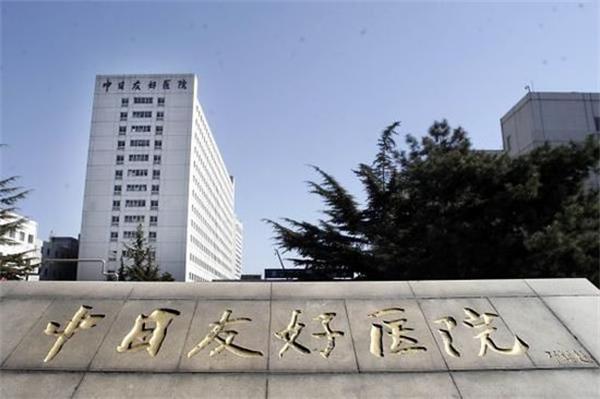Don't read too much into shortened name
By Zhou Yongsheng (China Daily) Updated: 2015-02-27 07:35
 |
|
Following a regulation on the abbreviated names of hospitals launched by China's National Health and Family Planning Commission, the Beijing-based China-Japan Friendship Hospital is now to be called the China-Japan Hospital. [Photo/CFP] |
Following a regulation on the abbreviated names of hospitals launched by China's National Health and Family Planning Commission, the Beijing-based China-Japan Friendship Hospital is now to be called the China-Japan Hospital, except on official documents or on occasions that require its full official name be used.
Despite the fact that its full name remains unchanged, the guideline's dropping of the word "friendship", has provoked a host of negative online comments from both Chinese and Japanese netizens.
For some of the latter, the shortened name is a signal that Beijing is inclined to "defriend" Tokyo, and they say "friendship" should not have been used in the name of the hospital in the first place. Many Chinese also expressed their concern about the name-changing administrative order.
Such misunderstandings reflect the China-Japan relationship as a whole, and netizens from both sides should not be blamed for linking the change with the state of bilateral relations.
In fact, the new guideline has nothing to do with bilateral ties or politics. For a long time there have been no specific rules regarding the use of shortened names for major hospitals, and all the health authorities have done is bringing the abbreviated names of hospitals, such as the China-Japan Friendship Hospital, in line with new guidelines instead of changing their full titles.
The Peking Union Medical College Hospital, for instance, will be known as the Peking Union Hospital and the Chinese Academy of Medical Sciences as the Academy of Medical Sciences.
In fact, shortened names, such as the China-Japan Hospital are commonly used by local residents, and hence the administrative regulations just make the use of this appellation more widely recognized.

I’ve lived in China for quite a considerable time including my graduate school years, travelled and worked in a few cities and still choose my destination taking into consideration the density of smog or PM2.5 particulate matter in the region.











